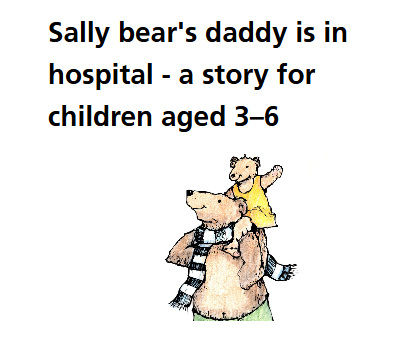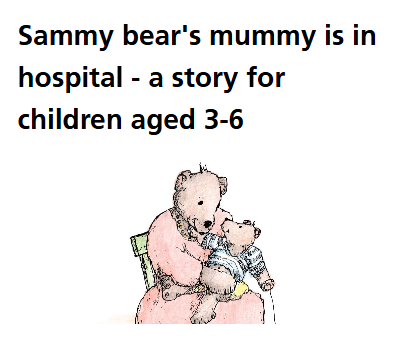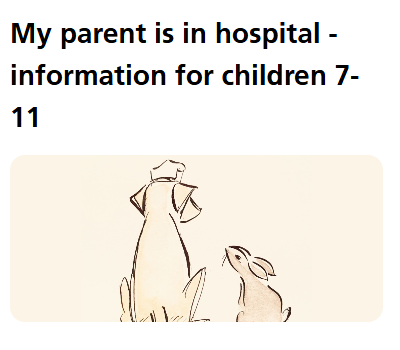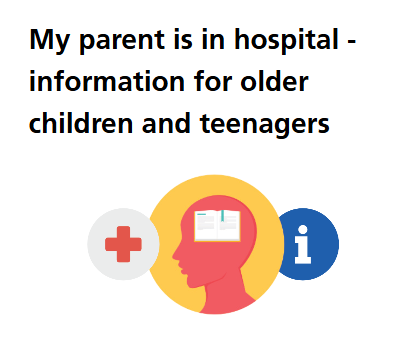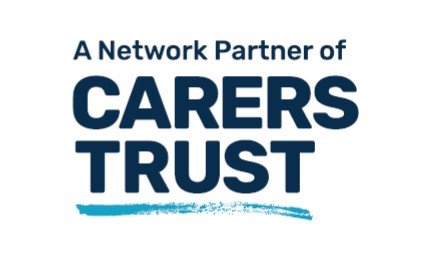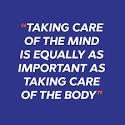
How Mental Health Can Affect People and Carers
Our aim is to provide you with information, options for support, health & wellbeing, self management and what to do in a crisis.
As part of NHS South London and Maudsley’s ‘Think Family’ initiative, they have developed a set of leaflets for children whose parents are admitted to a mental health ward. These leaflets are free to use by individuals, agencies, or professional groups such as social services and schools: https://slam.nhs.uk/myparent
Enfield Carers Centre Mental Health Conference 2024
Enfield Carers Centre held a conference for Mental Health awareness in May 2024.
Click the button to read the report from the event including summary of presentations and speakers, tabletop outcomes and feedback, Q&A to panel and the conclusion.
You can contact Enfield Carers Centre and speak to our Mental Health worker on: 020 8366 3677 or email: info@enfieldcarers.org
Caring for someone with a mental health condition is hard. The invisibility of the illness can make it feel like you’re not a ‘real’ Carer. Trust us: you are, and you’re making a huge difference to someone’s life.
You may be looking after someone with a mental health condition. Or you may find that your own mental health is being affected by your caring role.
There is lots of advice and support out there for you.
- You may think that you don’t help much
- You may feel frustrated that you can’t make someone feel better, or as if you’re not ‘enough’ to make them happy.
But like physical health conditions, mental health problems can affect anyone. No one can prevent someone else from having a mental health problem. - You’re probably helping a lot more than you think.
If possible, try talking to them about how you help already. Try to build up a clear idea about what you can do. Accept parts that you can’t do alone or things that you cannot change. Understanding what’s possible and being aware of your limits might make you feel less helpless. - You don’t understand what they are going through.
If you haven’t experienced a mental health problem, it can be difficult to understand what it’s like. Ask them to try and explain – but remember it isn’t always easy to describe. You could both look at these mental health information, blogs and short videos. These resources might help them find something that puts it into the right words.
Learning about a mental health problem and hearing from other people might be useful for you. It can help you understand what the person is experiencing and how you can help.
- Have a look at the information from the Royal College of Psychiatrists for patients, Carers, family and friends relating to mental health conditions and disorders.
- See Mind’s information on supporting someone with a mental health condition.
- We have tips to help you talk to the person you care for if they are having suicidal thoughts and information if you have been affected by suicide.
- If you are caring for someone with an eating disorder have a look at this leaflet Eating Disorders: Information for carers.
Confidentiality
You may want to find out more about the Triangle of Care which highlights the need for better involvement of carers and families in the care planning and treatment of people with mental ill-health.
Rethink Mental Illness has information about why healthcare professionals may not share information with you about the person you care for.
For some information about the words and terminology associated with mental health conditions, try the Mind site for A-Z of mental health – Mind.
You can contact Enfield Carers Centre and speak to our Mental Health worker on: 020 8366 3677 or email: info@enfieldcarers.org
Take care of your mental wellbeing
We all have mental health. It’s just a question of whether it’s good, bad or serious. Of course serious mental health issues can be very difficult and cause great suffering to those who have a diagnosis and quite devastating to family, friends and loved ones.
Having said that, many of us take our physical health seriously by having a sensible diet, plenty of exercise, etc. Our Mental Health is no different and we should take as much care of our emotional self as we do our physical wellbeing. Here are some tips, suggestions and ideas that may help:
1. Search and download online community apps from the NHS apps library
2. Connect with other people.
3. Get active – try some form of exercise
4. Pay attention to the present moment, this is the basis of mindfulness
5. Talk to someone about your feelings, it’s so important to find someone to talk to
Find out more about this advice and other useful information at the NHS website
https://www.nhs.uk/conditions/stress-anxiety-depression/improve-mental-wellbeing/
Enfield Council’s Covid Are you OK? leaflet has many tips and strategies that are relevant in other situations.
Breathing exercise for stress
This calming breathing technique for stress, anxiety and panic takes just a few minutes and can be done anywhere.
You will get the most benefit if you do it regularly, as part of your daily routine.
- You can do it standing up, sitting in a chair that supports your back, or lying on a bed or yoga mat on the floor.
- Make yourself as comfortable as you can. If you can, loosen any clothes that restrict your breathing.
- If you’re lying down, place your arms a little bit away from your sides, with the palms up. Let your legs be straight, or bend your knees so your feet are flat on the floor.
- If you’re sitting, place your arms on the chair arms.
- If you’re sitting or standing, place both feet flat on the ground. Whatever position you’re in, place your feet roughly hip-width apart.
- Let your breath flow as deep down into your belly as is comfortable, without forcing it.
- Try breathing in through your nose and out through your mouth.
- Breathe in gently and regularly. Some people find it helpful to count steadily from 1 to 5. You may not be able to reach 5 at first.
- Then, without pausing or holding your breath, let it flow out gently, counting from 1 to 5 again, if you find this helpful.
- Keep repeating this for 3 to 5 minutes.
Worried about your Mental Health?
If you’re feeling depressed, anxious, in a crisis, out of control , in fear of relapse or have any other symptoms around your mental health that worry you, you can contact:
Your GP
Local Crisis Team – 020 8702 3800
Mind – 020 8906 7505
Samaritans – 116 123
Shout Crisis Text Line – Text 85258
Papyrus under 35’s helpline – 0800 068 41 41 (Mon-Fri 9am-5pm, Sat-Sun 2-10pm) or Text 07786 209697
Calm – 0800 58 58 58 (5pm – 12pm)
Enfield Talking Therapies – 020 8702 4900
You can also get advice from 111 (as long as its not an emergency) or by visiting A & E at North Middlesex Hospital.
Enfield Carers Centre also have a team of counsellors providing support in a safe and confidential environment. You can also call us for general advice on your Mental Health.
For more info call 020 8366 6677.
Blogs, forums, videos & audio guides
Elefriends forum: a safe, supportive online community from Mind
Blogs and stories: from people who have struggled with their mental health
Healthy London Partnership has collated support organisations in this leaflet.
Moodzone: NHS advice on stress, anxiety and depression
NHS audio guides: advice on anxiety, depression and more
Video: 8 relaxation tips from Mind
Debt and Mental Health: Martin Lewis booklet to download and other tips

